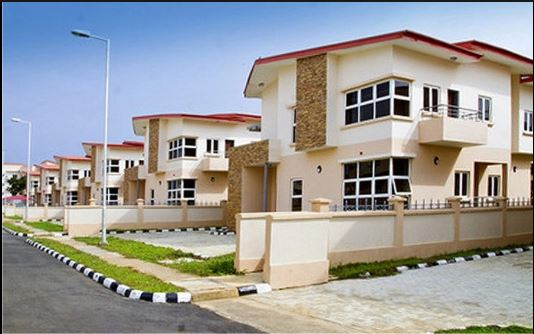Real estate manager/ company oversees the operational aspects of the properties. They prepare financial statements, supervise maintenance workers, and negotiate contractor, supplier and vendor contracts. They may also determine rental income rates.
In real estate property management, the property manager or management company major areas of responsibility are:
Read: Need A Property Management Company
- Managing the purchase, sale, rental, or development of properties.
- Monitoring real estate income and expenditure, as well as collecting payments.
- Determining rental income and negotiating lease agreements.
- Authorizing maintenance, repair, equipment, and supply expenditure.
- Negotiating contracts with vendors, suppliers, and contractors.
- Overseeing maintenance workers
- Keeping owners informed on taxes, occupancy rates, and lease expiration dates.
- Resolving complaints from residents and tenants.
- Preparing financial statements and records.
- Reporting to real estate owners and investors on a regular basis.
The property manager or Property Management company is the owner’s partner in maximizing the return on investment of the property through the efficient performance of these four functional areas of responsibility. The property management company acts in the best interests of the owner to maintain the property, keep it occupied with tenants, collect rents, budget improvements and maintain records.
Read: Oil & Gas Consultancy Services
Many real estate professionals have looked at property management and changed their minds when the scope of the management tasks and record-keeping are fully understood. It’s definitely a niche for the more detailed and responsive in the profession.
Marketing and Financial
Real estate property management involves an understanding of operating expenses and budgeting. From this information, appropriate rental rates are set, balanced by the current market and what it will support in the way of rents. A good knowledge of the area and competitive rental properties is required.
The property manager may recommend marketing programs, special promotions and other advertising strategies to the owner in order to maximize occupancy and rental rates. Regular financial reporting to the owners is required. Understanding financial statements, profit, and loss, income taxes and budgeting are all very important for the property manager.
Tenant and Occupancy
Understanding the needs of the tenants is important for this function. Getting them to move in is only the beginning. The property manager must then respond to their requests, monitor their activities as regards the lease requirements, collect rent in a timely manner, and continually assess the tenants’ satisfaction as regards the property’s amenities versus those of competing for rental properties in the area. The unwelcome task of eviction for violations or non-payment is part of this function also.
Facility Management
Property management is also the physical management of the structures and outdoor areas. Landscaping, electrical, plumbing, roof, walls, and much more are all part of the physical property. The property manager must maintain relationships with contractors and repair companies, budget capital expenditures, and monitor the quality of all repairs and maintenance.
This function ties in with the financial piece, as some improvements will require significant capital expenditures and budgeting for them. It ties in with tenant and occupancy management because it is important to tenant retention to have well-maintained properties.
Administration & Risk Management
This is the files and records part of the property management function. Federal, state and local governments all have some jurisdiction over real estate property management activities. Certain reporting requirements must be met for all of them. Meticulous records for accounting and taxes are a must.
For reasons of liability, all activities and tenant interaction must be recorded and maintained for specified periods.

